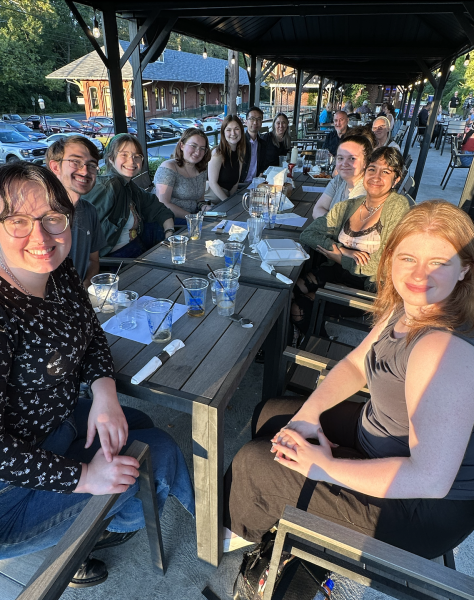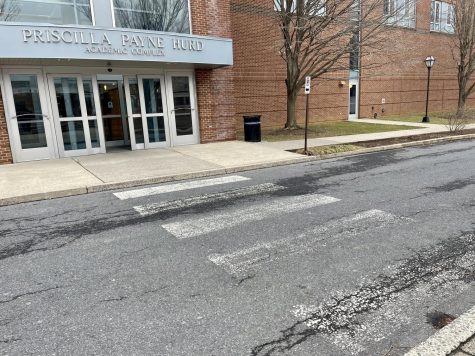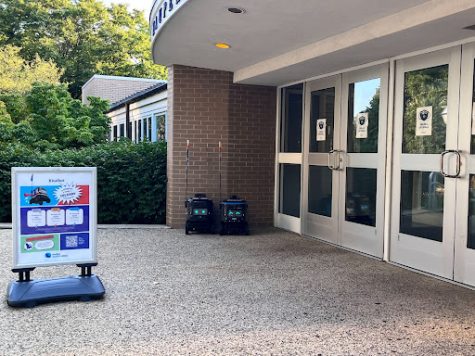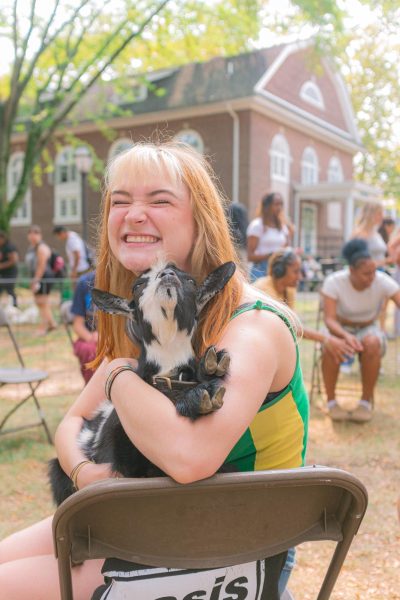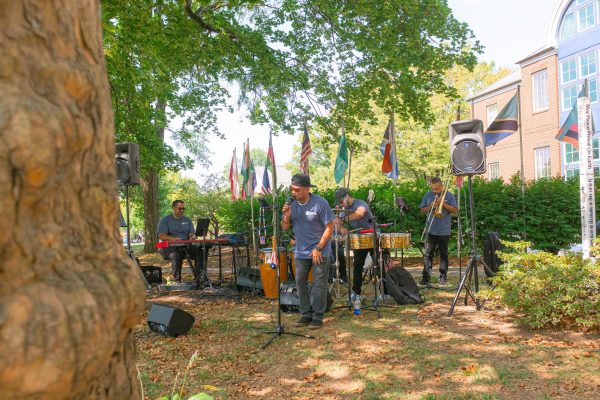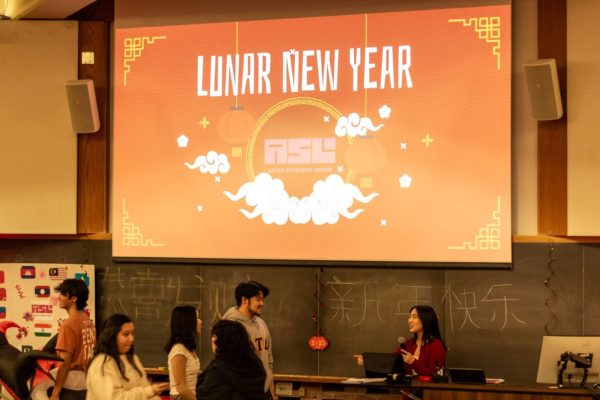Biannual Conference to Celebrate Moravian History and Music
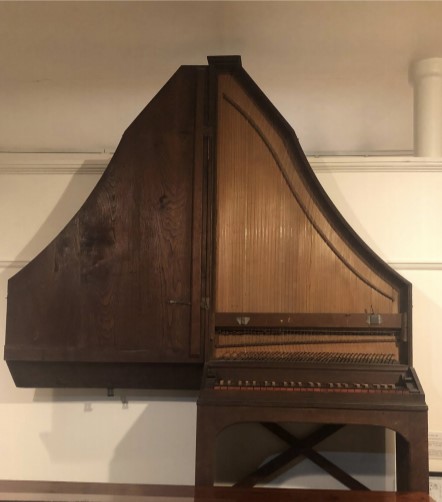
Moravian upright piano. From the collection of the Moravian Historical Society, Nazareth Pa., www.moravianhistory.org. Used with permission.
Roots are important, often seeded in histories that show passion, community, and identity.
Such is true for Moravian College, founded in 1742 by the religious sect for which the school is named. Big on education, kinship, and music, the Moravians—and Moravian College—maintain these pillars to this day.
One way to nourish, advance, and cultivate these pillars is to attend the 7th Bethlehem Conference on Moravian History and Music, which will be held October 8-10, 2020.
Started by Dr. Carol Traupman-Carr, vice provost and professor of music at Moravian college, and Dr. Paul Larson, professor emeritus of music, the first conference on Moravian music was held on campus in 1996.
The attendees’ passion for the music of the Moravians — and the robust attendance from parties around the globe — inspired organizers to host the event again. In the early 2000’s, on the recommendation of Dr. Heikki Lempa and Dr. Hilde Binford, Moravian College professors of history and of music respectively, they expanded it to include Moravian history. The conference has been held every other year since.
Currently, the conference attracts roughly “50 presenters organized into 15-20 panels,” said Dr. Riddick Weber, chair of the conference and past presenter. The panels sometimes run simultaneously—up to two at a time—and in past conferences have covered a wide range of topics, including gender and women’s studies, race and international relations, music, theology, and history. Topics are determined by the proposals submitted by conference attendees.
This year, there is no specific theme that prospective presenters have to adhere to. Instead, the conference is “merely looking for quality proposals within the fields of Moravian music and history,” said Weber. Though the deadline for proposals has passed, the conference has already received a number of student submissions, each of which will be considered by a committee.
Attending the conference and being chosen to present can yield many benefits.
“There have been many interesting and enjoyable presentations,” said Weber. “In some ways, I have learned the most from my own presentations, because of all the time and research I put into preparing them, but probably every presenter could say that as well.”
And sometimes, lectures can even change, not only the course of history, but how it is studied.
The most important lecture in that regard that Weber attended was Rev. Dr. Jørgen Bøylter’s 2014 Moses Lecture. “While previous historians had argued that there were two main periods of Moravian history,” said Weber, “in that lecture, Bøylter argued that the Moravian Church had entered a third period in 1957, which has greatly changed the make-up of the Moravian Church since then.”
The conference is a tremendous opportunity for anyone who is enthusiastic about Moravian music and history, or who wants to see Moravian College staff and students engage in research, said Weber. Moravian faculty and students can attend individual panels for free, and they receive a 50% discount on registration for the entire conference.
Sessions will be held on the campuses of the Moravian Theological Seminary and Moravian College, as well as at the College Hill Moravian Church.


